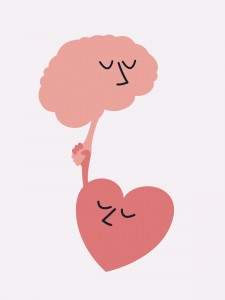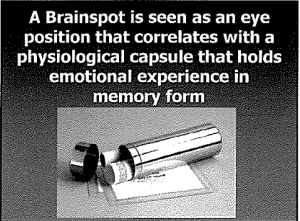 Yesterday marked the 1 year anniversary of the first COVID case in New Hampshire. And not surprisingly, similarly to other disasters (9/11, Sandy Hook), everything changed that day. There was now a “before” and an “after”. My clients started cancelling like wildfire, afraid to be in “that area”. I remember panic setting in, fear, not knowing the roadmap or steps necessary to navigate this new thing called “Global Pandemic”. I felt very small and alone. I look back on posts and see the confusion, the waves of information heading towards us and the lag in fully digesting their meaning, the impact, the changes that lay ahead. We have new nomenclature like PPP, stimulus checks, mask-ne, social/physical distancing, mRNA, pods, Zoom-fatigue, quarantinis and the like. Who knew.
Yesterday marked the 1 year anniversary of the first COVID case in New Hampshire. And not surprisingly, similarly to other disasters (9/11, Sandy Hook), everything changed that day. There was now a “before” and an “after”. My clients started cancelling like wildfire, afraid to be in “that area”. I remember panic setting in, fear, not knowing the roadmap or steps necessary to navigate this new thing called “Global Pandemic”. I felt very small and alone. I look back on posts and see the confusion, the waves of information heading towards us and the lag in fully digesting their meaning, the impact, the changes that lay ahead. We have new nomenclature like PPP, stimulus checks, mask-ne, social/physical distancing, mRNA, pods, Zoom-fatigue, quarantinis and the like. Who knew.
I was privileged to receive a PPP Loan, and it mattered quite a lot to me. Much of my caseload scattered to the wind as so many of my clients needed to a) suddenly be home with children full time or b) suddenly lost their low-paying hourly (sans benefit) jobs and were scrambling and panicking with the rest of us or c) stop spending completely as they saw their savings and portfolios flung into chaos and havoc, disposable income was no longer a thing.
And then it came – the huge tidal wave of need, of support, of seeking clarity in the universally bewildering murkiness of pandemic, lockdowns, closures, the re-imagining of countless aspects of our lives. For many, the steady reliability of sessions with a therapist offered a dry patch of rock in the swirling crashing wavy sea. (and all the while, the therapists were also navigating that very same swirling crashing wavy sea). Clients asked for ever more time. 90-minute sessions, multiple times per week. The wait lists became ethically unsustainable. Calls, e-mails for ever more sessions felt like stabs by tiny arrows from hearts seeking something to soothe their pain, and I had no ability to help ease their suffering as there were just no more hours in the day, the week. But that’s my job! To help ease suffering and pain of others. And I just couldn’t do more.
I was also re-tooling my practice, shifting overnight from in-person sessions with maybe 3-4 telehealth sessions sprinkled in per week to 100% telehealth. Plus teaching other therapists how to do this. Plus learning how to train colleagues online on how to work online. And believe me, I fought it as long as I could.
I miss my hair. Yes, I have lost quite a bit of it during this past year. I miss my reliable balance as I also have bouts with vertigo. Now, here I sit before my laptop stand with conferencing microphone and external speakers in a room, all alone. No tissues to refill or water bottles to restock. No hugs. No casual meetings in the hall with building colleagues. No lunches, no spontaneous “let’s meet at x for dinner tonight”. Everything is scheduled, formal, official. The pace and demands have been unrelenting, unparalleled.
For therapists there haven’t been any holidays, weeks off, vacations or breaks. I MISS SNOW DAYS! Working in telehealth means that weather is never an issue anymore, no more fun “free” days off, just shuffle down the hall, launch Zoom, and off to work you go. I now have clients that I believe I may –never- meet in-person. How strange is that? Unprecedented. (I think that is the word of the year). And every spare second of every day there is another “opportunity” for learning: a webinar, a seminar, a podcast. There aren’t enough hours in a day, even if you doubled them, to fit a fraction of everything in. I have stopped saving links and am leaning more towards quiet stillness at home.
But wait – there have been lovely gems that have gratefully appeared as well. I learned how to train colleagues well online and have now expanded my collegial pool to the entirety of the US, Canada, the UK and Europe, something that would probably never have happened if I had only been training in-person. I mean, New Hampshire isn’t a huge draw for travel. I have also been invited into so many clients personal spaces and am better able to witness systems and changes that I never would have been privy to in the traditional office visit model. Likewise so many clients have been able to access many more sessions due to the convenience of just switching screens versus needing to get dressed, drive to my office, wait in the waiting room, have a session, drive home, etc. I am also licensed in 4 states now, again expanding the reach of support I am able to offer.
Yesterday I had a tough day. I made mistakes, had technology snafus, and basically found myself strongly desiring a cry and a break, and a meal out at a restaurant. And yet here I am, in front of the laptop, launching the next Zoom session, a good therapist trying to do a good job.

 Yesterday marked the 1 year anniversary of the first COVID case in New Hampshire. And not surprisingly, similarly to other disasters (9/11, Sandy Hook), everything changed that day. There was now a “before” and an “after”. My clients started cancelling like wildfire, afraid to be in “that area”. I remember panic setting in, fear, not knowing the roadmap or steps necessary to navigate this new thing called “Global Pandemic”. I felt very small and alone. I look back on posts and see the confusion, the waves of information heading towards us and the lag in fully digesting their meaning, the impact, the changes that lay ahead. We have new nomenclature like PPP, stimulus checks, mask-ne, social/physical distancing, mRNA, pods, Zoom-fatigue, quarantinis and the like. Who knew.
Yesterday marked the 1 year anniversary of the first COVID case in New Hampshire. And not surprisingly, similarly to other disasters (9/11, Sandy Hook), everything changed that day. There was now a “before” and an “after”. My clients started cancelling like wildfire, afraid to be in “that area”. I remember panic setting in, fear, not knowing the roadmap or steps necessary to navigate this new thing called “Global Pandemic”. I felt very small and alone. I look back on posts and see the confusion, the waves of information heading towards us and the lag in fully digesting their meaning, the impact, the changes that lay ahead. We have new nomenclature like PPP, stimulus checks, mask-ne, social/physical distancing, mRNA, pods, Zoom-fatigue, quarantinis and the like. Who knew.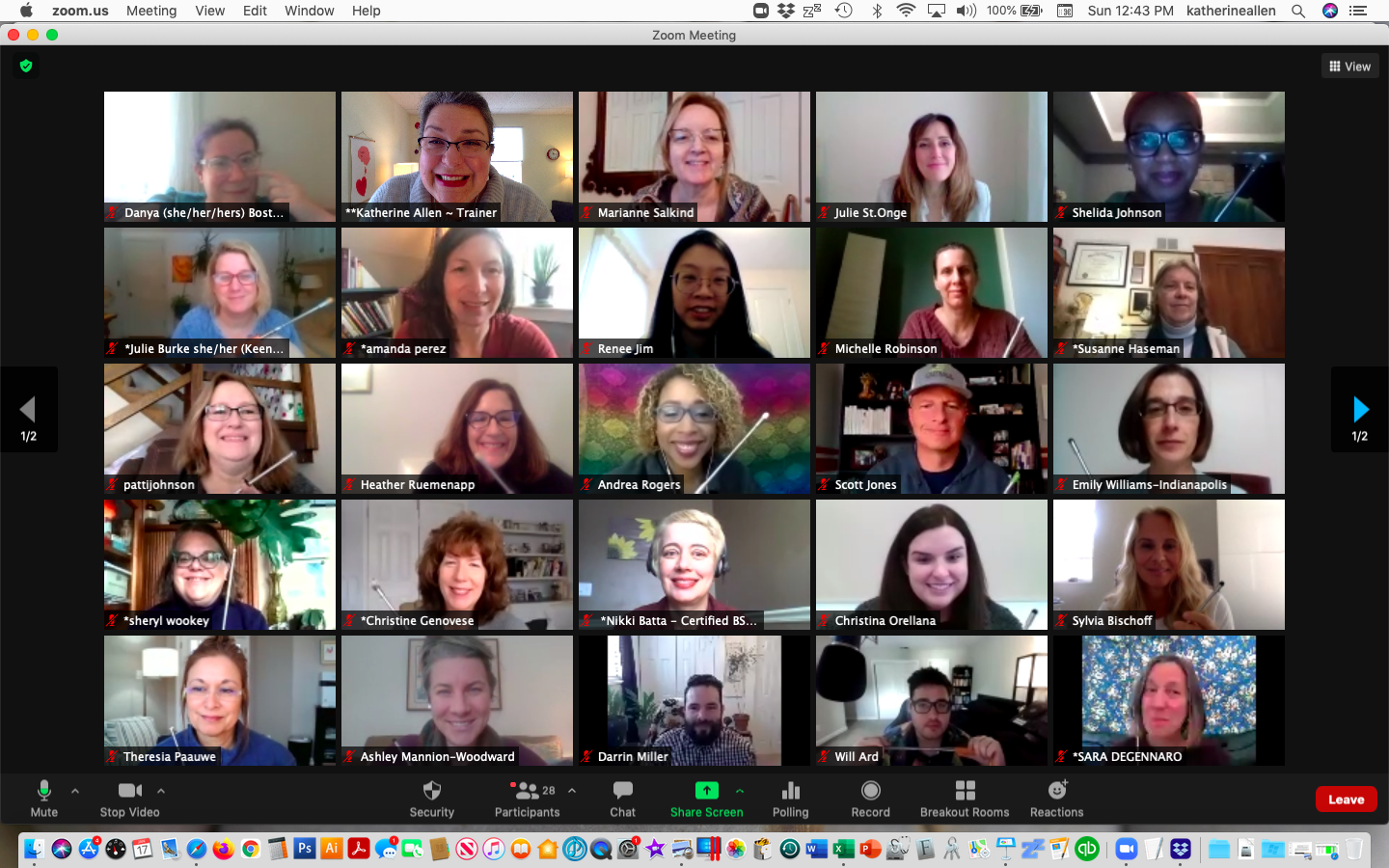
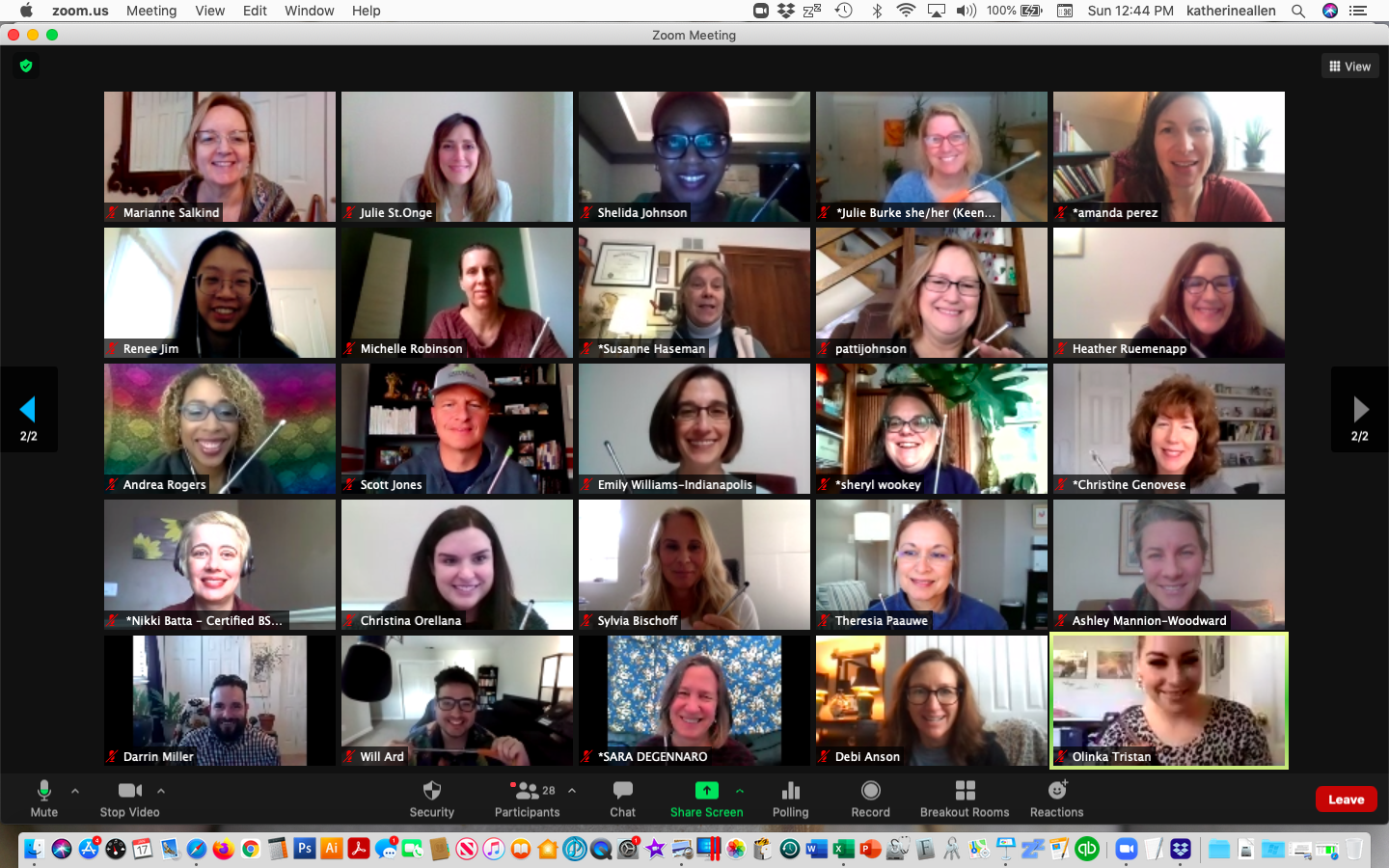

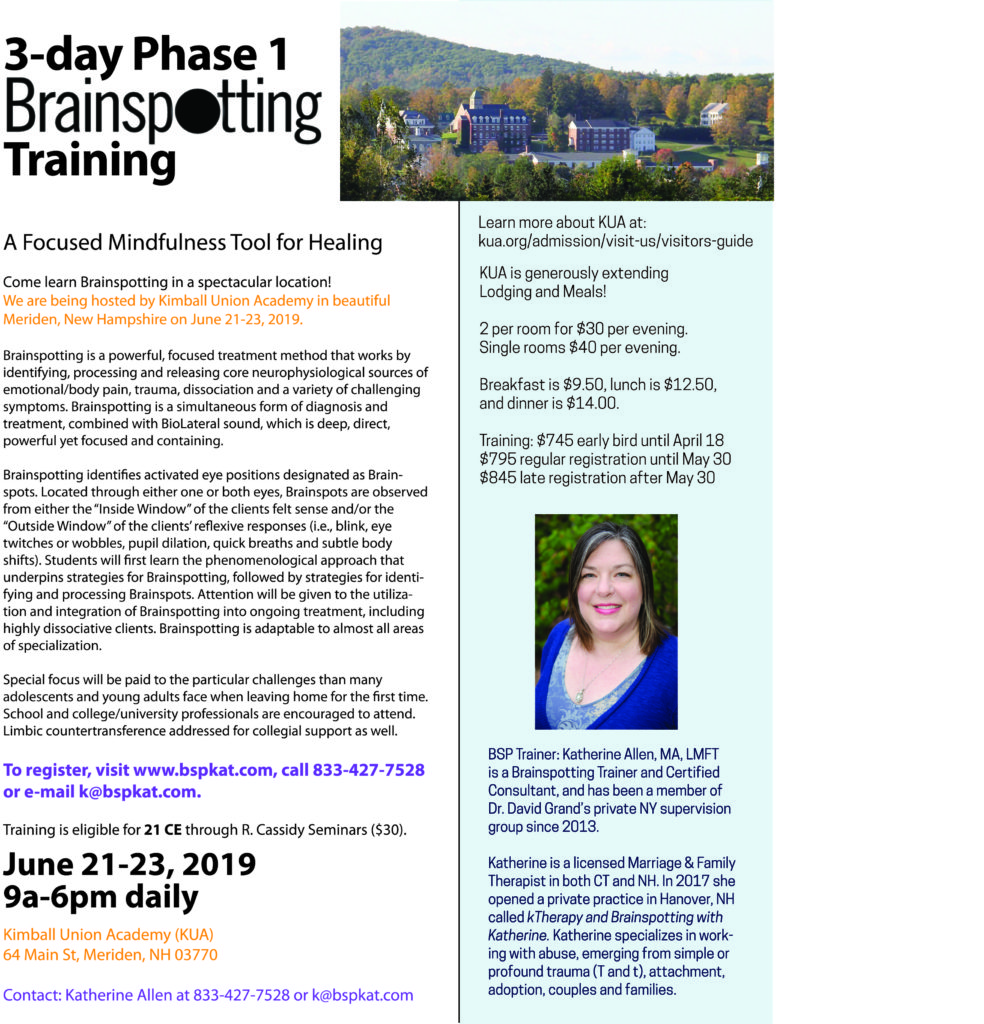
 I have been accepted as a presenter in this year’s Dismantling Rape Culture Conference at
I have been accepted as a presenter in this year’s Dismantling Rape Culture Conference at 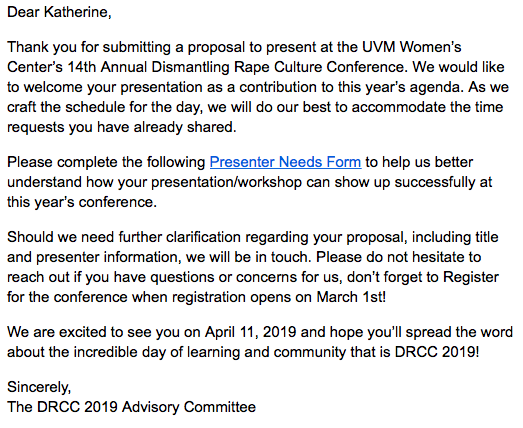
 There is a tool I use to keep myself in as non-judgmental a stance as I can – and that tool is none other than my keychain. Yep.
There is a tool I use to keep myself in as non-judgmental a stance as I can – and that tool is none other than my keychain. Yep.